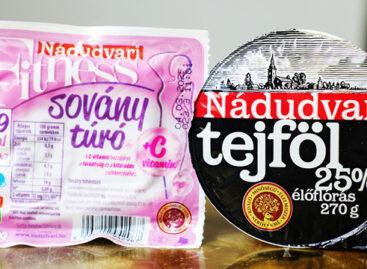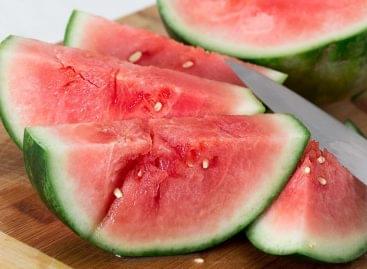Rising Costs and Declining Quality Hinder Use of Reusable Products, New Study Shows
Nearly 70% of people are willing to purchase reusable products, but nearly the same number say high prices have kept them from doing so, according to a new survey from ALPLA.

Who’d have expected that a water bottle would become a symbol of status? But that’s where we are. Headlines about brand-exclusive partnerships with Stanley and backorders of their popular tumbler prove it. Honestly, though, we’ve been here for a while. Before the Stanley, there was the S’Well bottle. And the Corkcicle. And the Yeti. And, well before all of those, anyone who was anyone was carrying a Tervis Tumbler.
Even if the people buying these bottles, cups, and mugs aren’t doing it for environmental reasons, they have helped push forward a broader conversation about reusability—one that now includes things like the use of metal straws, mandates that outlaw the use of plastic shopping bags, and upcycling life hacks. But it’s one thing to talk about reusability and another thing to practice it. To find out how many people were actually turning their talk into action, we used the third-party survey platform Pollfish to ask 600 Americans over 18-years-old their thoughts on reusability and, if they aren’t incorporating reusable goods into their lifestyles, what’s keeping them from doing so.
Key Findings
- 69% of Americans are willing to buy reusable products.
- 66% say they’ve chosen not to buy reusable products because they were too expensive.
- 68% say their use of reusable goods would increase if cost weren’t a factor, 36% say it would significantly increase.
- Cost and durability of reusable products are the biggest barriers to purchase.
- Nearly 2.5X more people said store incentives are more effective than state mandates when it comes to encouraging use of reusable shopping bags.
What we found is that more than half of us are already using reusable products on a regular basis. Most of us are even willing to shop with retailers that prioritize reusable packaging.
Related news
Tradition and innovation: this is how Nádudvari stays competitive in the food market
In today’s food market, it is not enough to simply…
Read more >The market is not the primary driver of green corporate decisions in Hungary
The sustainability strategies and investments of domestic companies will be…
Read more >Europe’s breadbasket could become a desert
Spain has become Europe’s leading producer of fruit and vegetables,…
Read more >Related news
Drought, technological competition and collaboration: the domestic melon season has begun
The 2025 Hungarian melon season starts amidst serious challenges: the…
Read more >Leadership change at Fornetti: Nándor Szabó is the new Managing Director
Nándor Szabó will take on the role of CEO of…
Read more >Change in Zwack management: Csaba Belovai is the new CEO of Zwack Unicum Plc.
According to the decision of the owners of Zwack Unicum…
Read more >






